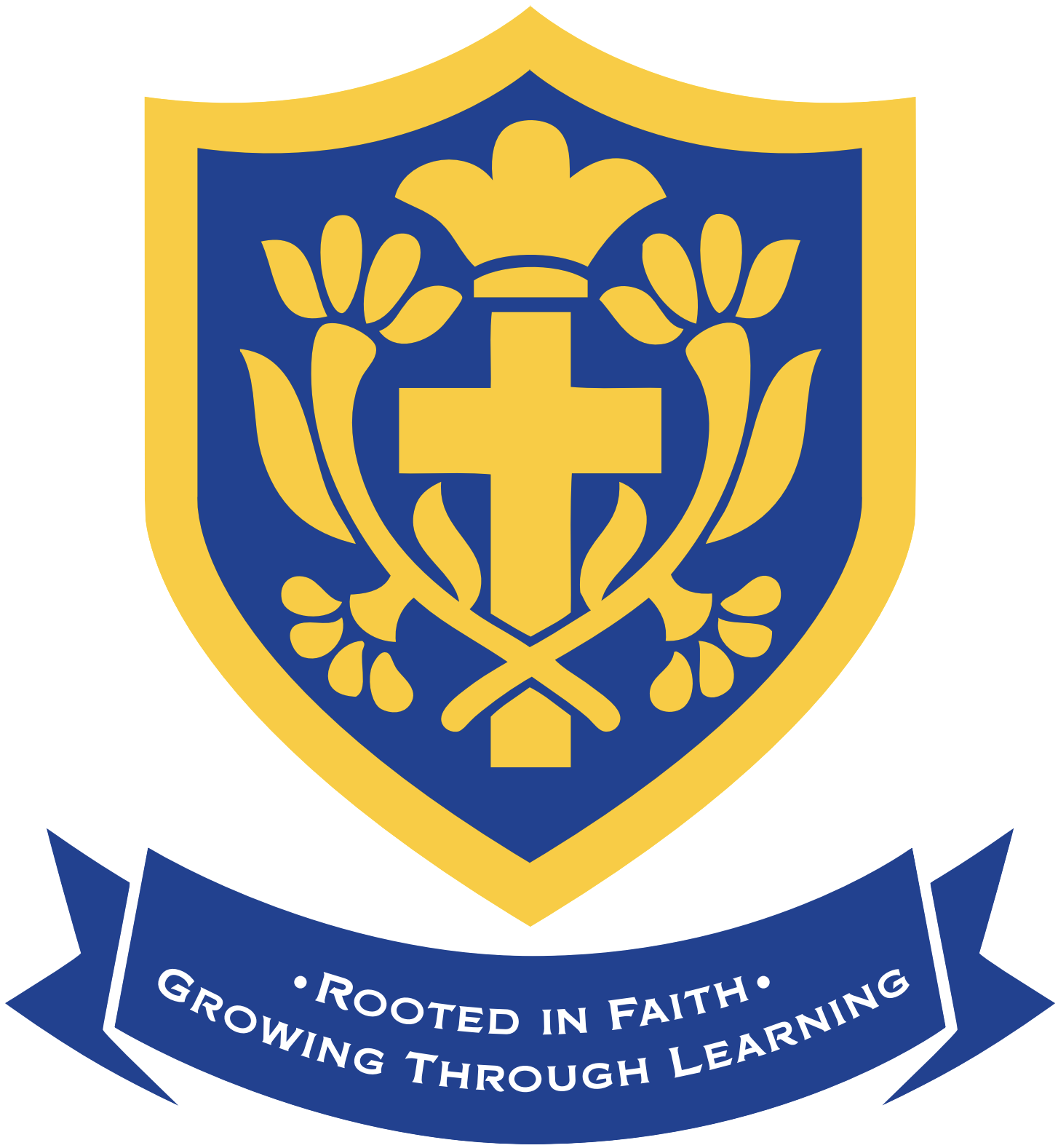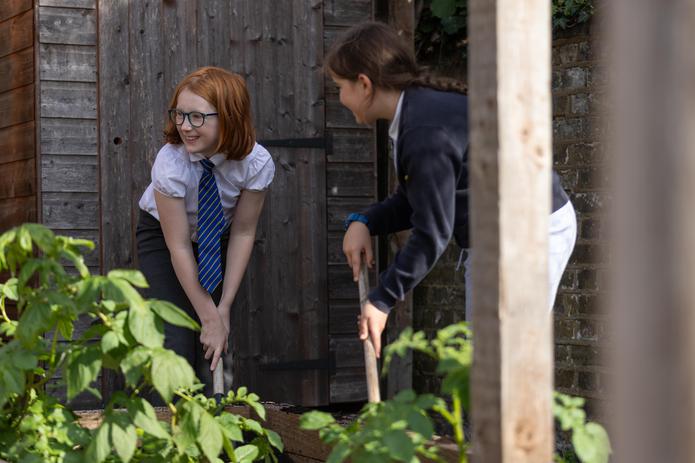Science
Theological Underpinning
‘Science and religion are two sides of the same deep human impulse to understand the world, to know our place in it, and to marvel at the wonder of life and the infinite cosmos we are surrounded by.’ (Amir D Aczel) Science reveals to us the wonder and beauty of God’s creation and the interconnectedness of nature. As Physics study reveals to us the depth and breadth of what we cannot perceive in the universe around us and the expanse of it becomes clearer, we see what a unique creation we are. Science holds answers to most questions we have and study extends us and helps us to be the best of ourselves. However, the creation of consciousness and spirit remains elusive, as an act of God’s creation.
NC Programme of Study Aims
The national curriculum for science aims to ensure that all pupils:
- develop scientific knowledge and conceptual understanding through the specific disciplines of biology, chemistry and physics
- develop understanding of the nature, processes and methods of science through different types of science enquiries that help them to answer scientific questions about the world around them
- are equipped with the scientific knowledge required to understand the uses and implications of science, today and for the future.
Curriculum
Science reveals to us the wonder and beauty of God’s creation and the interconnectedness of nature.
We live in an increasingly scientific and technological age where children need to acquire the knowledge, skills and attitudes to prepare them for life in the 21st century. Science has changed our lives and is vital to the world’s future prosperity. We therefore wish our pupils to appreciate all the essential aspects of the knowledge, methods, processes and uses of science.
In our Science learning, we aim to build on children’s natural curiosity, enthusiasm and sense of wonder about the world and equip them to use themselves as starting points for learning about science.
Through practical work, children learn the skills of observation, prediction, investigation, interpretation, communication, questioning and hypothesising, with increased use of precise measurement skills and Computing. They are encouraged to understand how science can be used to explain what is occurring, predict how things will behave, and analyse causes. Children are encouraged to apply the 5 Enquiry Strands to their learning: Comparative and Fair Testing; Research using Secondary Sources; Observation over Time; Pattern Seeking; Identifying, Grouping and Classifying
We aim to encourage open-mindedness, self-criticism, perseverance and responsibility. Activities are carefully planned to build children’s self-confidence to enable them to work independently and to develop their social skills to work co-operatively with others.
We aim to foster a concern about, and appreciation of, our environment and to provide children with an enjoyable experience of science, so that they will develop a deep and lasting interest in the subject.
As well as being able to describe processes and characteristics in common language, children are encouraged to become familiar with, and use, technical terminology accurately and precisely. They should build up an extended specialist vocabulary.
We extend the children’s learning beyond the classroom with trips and workshops. Recent activities have included: Key Stage 1 visiting RHS Wisley; an interactive Electricity workshop for years 4 and 6; a Fossils workshop for Year 6. We plan to add to these enrichment events in the future with the introduction of Virtual Reality experiences, alongside our computer-aided learning through Purple Mash.
In the Early Years, the teaching of science is within the Understanding of the World area of Learning of the Early Year’s Foundation Stage. Teachers meet children’s needs by providing activities and experiences based on past experiences, current interests and events.
Opportunities are planned for first-hand exploration that engages children in active learning by encouraging interaction with materials, ideas and each other. Provision in the form of role play, sand and water, creative areas and access to the outdoors is available daily as well as the focused activities that are planned and implemented.
During British Science Week (usually in March), we will celebrate Science learning across the school.
|
|
|


